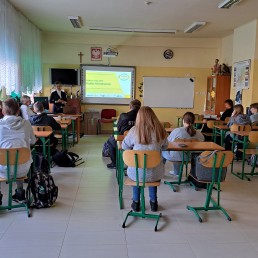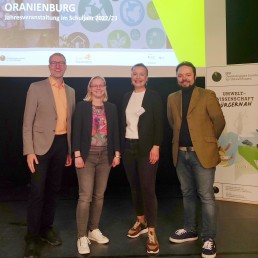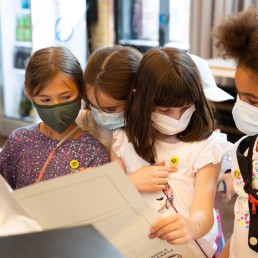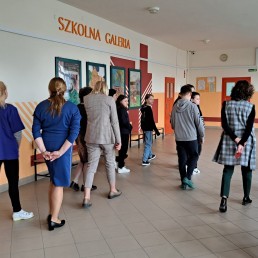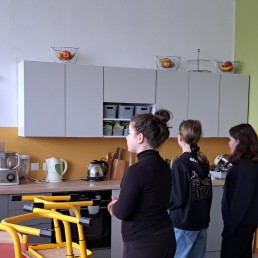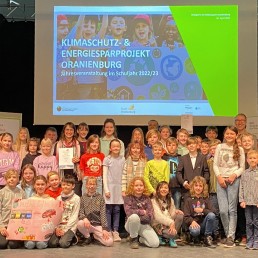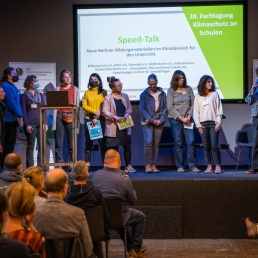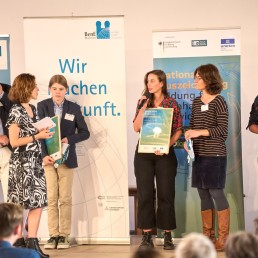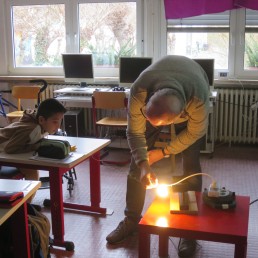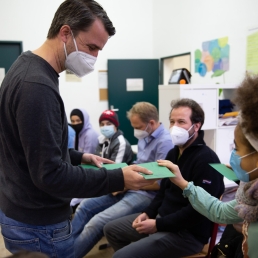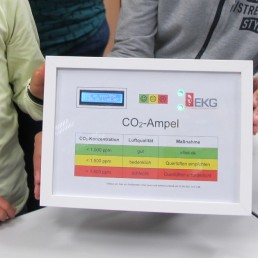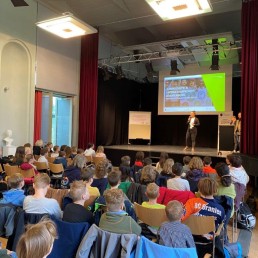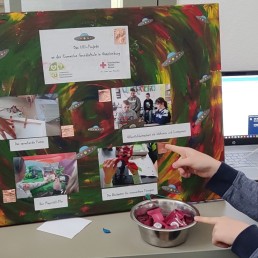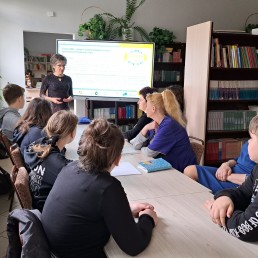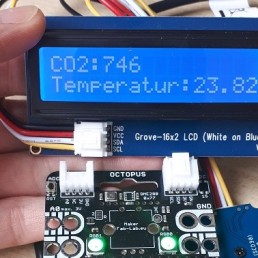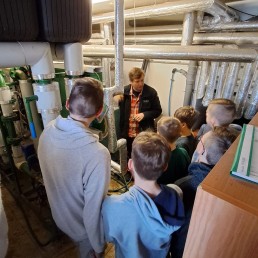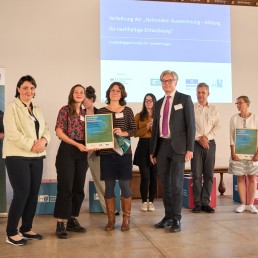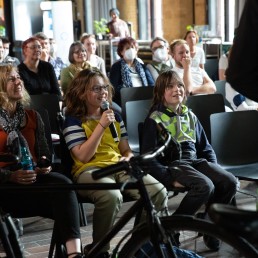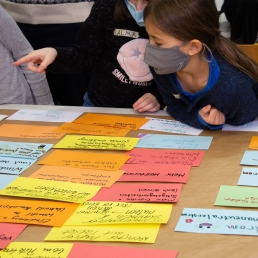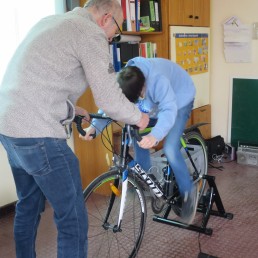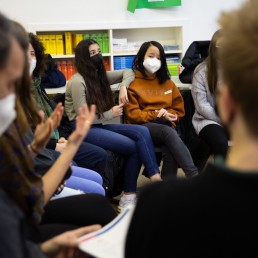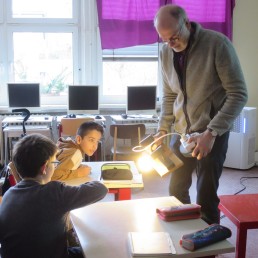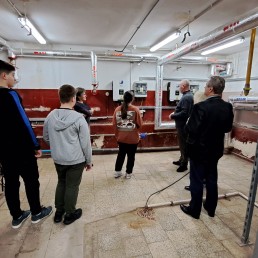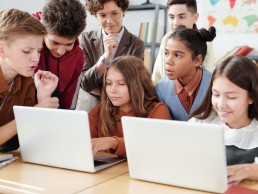
Why save energy in schools?
School is a central place in the lives of young people in Germany. Children and young people spend between ten and thirteen years of their youth at school and work on average more than 38.5 hours a week in or for school. It is therefore all the more important that social changes are also reflected in schools in order to allow children and young people to participate in social life and prepare them for these developments. This also applies to the call for our economy and society to be converted to sustainability. This is because schools are among the biggest CO2 emitters from public buildings due to their very high numbers alone. In total, there are more than 32,000 general education schools in Germany.
Why do schools have such a high CO2 footprint?
Schools have the problem of diffusion of responsibility through many different user groups: pupils, teaching staff, janitors and cleaners, administration, staff in the cafeteria and/or canteen, staff who offer afternoon classes or supervision and others. Apart from the janitors, hardly anyone has an overview of the school’s resource consumption. At the same time, the operating costs are not borne by the school itself, but by the school authority, i.e. usually the local authority. As a result, there are no financial incentives to reduce energy consumption in buildings. This ultimately leads to a large CO2 footprint in the school.
Our energy-saving projects at schools
Our Energy Efficiency & Energy Transition department launched the energy-saving projects at schools over 24 years ago. In the projects, schools are motivated to save energy in everyday school life through changes in usage behavior. The basic idea is to provide schools with financial incentives to save energy. Part of the energy costs saved are paid directly to the schools by the school authorities. Based on this idea, a series of various energy-saving projects were developed at schools, daycare centers and after-school care centers. The best-known program of this type is Fifty/Fifty.
The special thing about our energy-saving projects is the holistic involvement of all groups involved in schools. Teachers, janitors, parents and pupils form a joint team. The projects are transferred to the classroom and they teach about energy cycles, resource consumption and renewable energies using examples in their own school.
Contact person
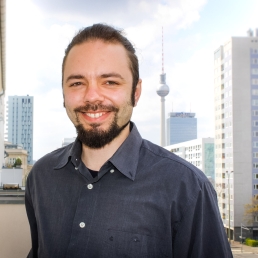
Oliver Ritter
Energy efficiency & energy transition
Graduate economist
Project manager
Phone: +4930 4284 993 21
E-Mail: oliver.ritter@ufu.de
Publications
Nothing found.
… all publications on this topic
Further links:
→ Fifty/Fifty website
→ Potsdam energy saving program
→ Energy-saving model Leipzig
→ Municipal guidelines for the climate protection initiative
(funding for energy-saving projects can be applied for here)
Current UfU projects in this field:
Under the umbrella of InfraLab Berlin, Berlin's major infrastructure supply companies such as…



